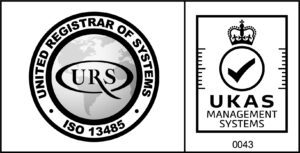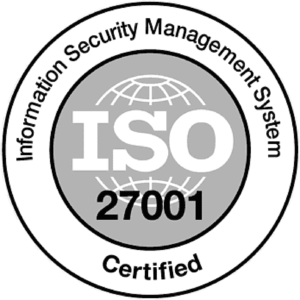
In today’s fast-paced corporate environment, stress and burn-out have become significant challenges affecting employee wellness and impacting organizational performance. When not managed effectively, stress can lead to burn-out, decreased performance, and ultimately, adversely affect an individual’s mental and physical health. Let us explore how stress has consequences upon the mental wellness in a corporate environment, its various manifestations and impacts at an organizational level and the measures that can be undertaken to maintain a cohesive environment of holistic well-being.
Corporate stress, burn-out and its correlation to mental and physical health
Stress is a natural response to demanding situations. However, prolonged exposure to stressors can lead to burn-out, a state of emotional, physical, and mental exhaustion. In today’s competitive business world, stress and burn-out are becoming increasingly prevalent. The Deloitte India Workforce and Increment Trends Survey 2021 does show that 77% of respondents reported experiencing stress in their current job, and 84% reported that their stress levels have increased over the last year. Additionally, the survey found that 66% of employees reported feeling burned out, with 31% reporting high levels of burn-out. The survey covered more than 500 companies across various sectors in India.
The effects of stress on mental and physical health are well-documented. Chronic stress can lead to a range of mental health issues, including anxiety and depression. Physical health issues associated with stress include cardiovascular disease, hypertension, and diabetes. In fact, research has shown that chronic stress can even lead to changes in the brain’s structure and function, resulting in long-term mental health problems.
Visible impacts of stress at organizational levels on performance, productivity and outcomes
The impact of stress on employee wellness extends beyond just their mental and physical health. The manifestations of stress have an influence on employee performance, overall productivity, and therefore, outcomes. Inhibitions, manifestations, and impacts of stress at organizational levels can be observed through various indicators, such as,
Increased absenteeism and presenteeism: Stressed employees may take more sick days and be less productive when present at work.
Reduced job satisfaction and engagement: High-stress levels can lead to reduced motivation and engagement and decreased job satisfaction.
High attrition rates: Employees who are stressed and burnt out may leave their jobs, leading to high attrition rates.
Reduced quality of work: High-stress levels can lead to errors and mistakes, leading to reduced quality of work and increased costs.
Decreased collaboration and teamwork: Stress can impact interpersonal relationships, leading to decreased collaboration and teamwork.
A number of studies by leading global consulting companies, including Mc Kinsey have found that wellness programs at workplaces can improve employees’ performance, Mental Health and self-efficacy, and deliver other self-reported health benefits. Employee wellness programs are now shifting to digital or virtual formats, enabled by the ubiquity of personal digital devices like smartphones, fitness trackers, tablets, and so on, in recent times.
CoHeal.ai is a smartphone enabled wellness platform enabling real-time measurement of vital health indicators. CoHeal.ai focuses on making wellness accessible, affordable and easy-to-use, using existing technology coupled with recent advancements and human expertise to provide a smartphone-based, AI-enabled, non-invasive, quantitative, point-of-care-testing platform.


